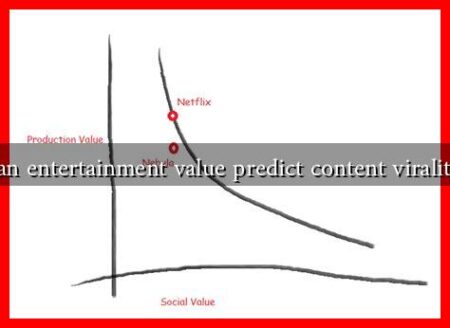-
Table of Contents
Can History Predict the Outcome of a Potential Iran Attack on Israel?
The geopolitical landscape of the Middle East has been fraught with tension, particularly between Iran and Israel. As both nations have a long history of animosity, the question arises: can historical precedents help us predict the outcome of a potential military confrontation? This article delves into the historical context, military capabilities, and potential repercussions of an Iran-Israel conflict, providing insights into what might unfold should hostilities escalate.
The Historical Context of Iran-Israel Relations
To understand the potential outcomes of a conflict, it is essential to examine the historical relationship between Iran and Israel. The two nations have experienced fluctuating dynamics since the establishment of Israel in 1948. Key historical events include:
- 1948-1979: The Early Years – Initially, Iran, under the Shah, maintained a relatively cordial relationship with Israel, viewing it as a strategic ally against Arab nationalism.
- 1979: The Islamic Revolution – The overthrow of the Shah marked a significant turning point. The new Islamic Republic of Iran adopted an anti-Israel stance, viewing it as a Western puppet.
- 1980s-2000s: Proxy Conflicts – Iran began supporting militant groups like Hezbollah and Hamas, further escalating tensions with Israel.
- 2010s: Nuclear Concerns – Iran’s nuclear program has become a focal point of conflict, with Israel perceiving it as an existential threat.
Military Capabilities: A Comparative Analysis
Both Iran and Israel possess formidable military capabilities, but they differ significantly in terms of technology, strategy, and alliances.
. Understanding these differences is crucial for predicting the outcome of a potential conflict.
- Israel’s Military Edge:
- Advanced Technology: Israel is known for its cutting-edge military technology, including the Iron Dome missile defense system.
- Air Superiority: The Israeli Air Force is one of the most advanced in the world, with capabilities for precision strikes.
- Intelligence: Israel’s intelligence services, particularly Mossad, are highly regarded for their effectiveness.
- Iran’s Asymmetric Warfare:
- Proxy Forces: Iran has cultivated a network of proxy militias across the region, including Hezbollah in Lebanon and various groups in Iraq and Syria.
- Ballistic Missiles: Iran has developed a significant arsenal of ballistic missiles capable of striking Israeli territory.
- Cyber Warfare: Iran has increasingly engaged in cyber operations, targeting Israeli infrastructure and institutions.
Potential Outcomes of a Conflict
While history cannot predict the future with certainty, it can provide valuable insights into potential outcomes of a conflict between Iran and Israel. Several scenarios could unfold:
- Limited Military Engagement – A short, intense conflict could occur, characterized by airstrikes and missile exchanges, but ultimately leading to a ceasefire.
- Wider Regional War – An attack on Israel could provoke a broader regional conflict, drawing in other nations and non-state actors.
- International Intervention – The global community, particularly the United States and European nations, may intervene diplomatically or militarily to prevent escalation.
Case Studies: Lessons from the Past
Historical case studies can offer insights into how similar conflicts have unfolded:
- The 2006 Lebanon War – Israel’s conflict with Hezbollah demonstrated the complexities of asymmetric warfare and the challenges of urban combat.
- The Gulf War (1990-1991) – The international coalition against Iraq showcased the potential for global intervention in regional conflicts.
Conclusion: The Uncertain Future
While history provides a framework for understanding the potential outcomes of a conflict between Iran and Israel, the unpredictable nature of geopolitics makes definitive predictions challenging. Factors such as international diplomacy, domestic politics, and the evolving military landscape will play crucial roles in shaping the future. As tensions continue to simmer, the world watches closely, aware that the consequences of a conflict could reverberate far beyond the Middle East.
For further reading on the complexities of Middle Eastern geopolitics, consider exploring resources from the C-SPAN archives.





